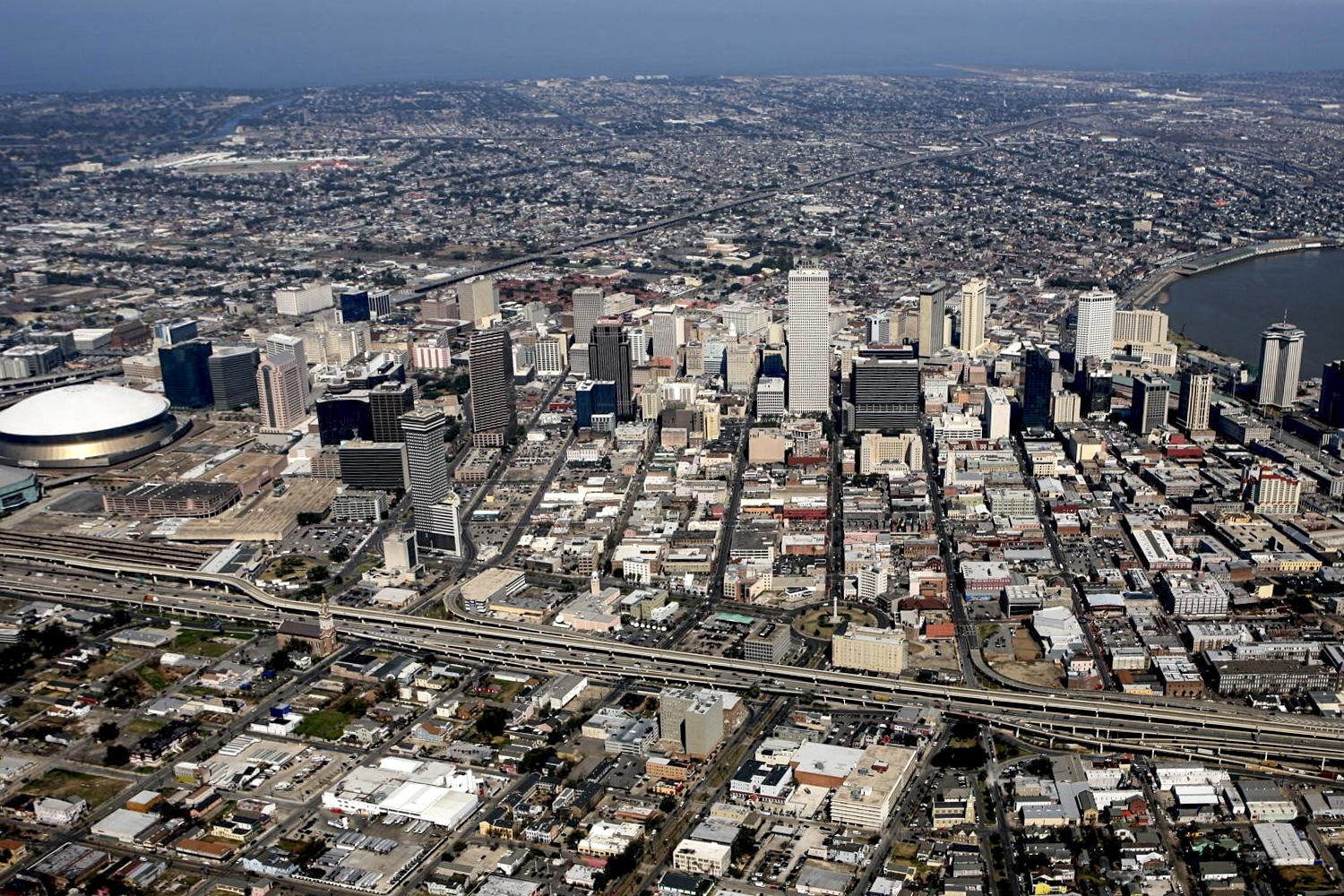
The city of New Orleans has been the target of a cyberattack which lead to officials shutting down the city’s network and declaring a state of emergency, as reported by Forbes. This follows a number of high-profile attacks against city infrastructure in the U.S., such as the ransomware attack which hit Baltimore earlier this year and a cyberattack against Dallas in 2017.
The attack began at 11 a.m. on December 13th, according to NOLA Ready, the city’s emergency preparedness campaign. NOLA Ready tweeted that the city “detected suspicious activity on its networks that indicated a potential cyberattack.” In response, all city employees were instructed to power down their computers, disconnect devices, and disconnect from WiFi. The city also chose to power down its servers, in what it describes as “an abundance of caution.”
In a press conference reported by Forbes, the major of New Orleans, LaToya Cantrell, confirmed that the attack was ransomware and that the city had declared a state of emergency. Although many city functions are affected, the police and fire departments continue to operate and residents are able to continue to call 911 to report emergencies. While the city networks are down, city events have been canceled and Department of Safety & Permits inspections will be performed manually.
The city says it is still investigating the incident, and that it is working with state and federal law enforcement for the investigation including the Louisiana State Police, the National Guard, the FBI, and the Secret Service. It also says “there is no indication of significant data loss due to this cybersecurity incident” due to the city’s quick response to suspicious activity.
The problem of ransomware attacks on cities is becoming more acute, as such attacks can affect infrastructure and essential functions like hospitals, airports, ATMs, and factories. Many cities use outdated operating systems that are more vulnerable to attack, because of the complexities of trying to update whole networks to newer operating systems.
Similar attacks have also been leveled against news outlets, causing delays to the delivery of newspapers, and are commonly used against individual people as well. Even gamers have been targeted by ransomware this year.



